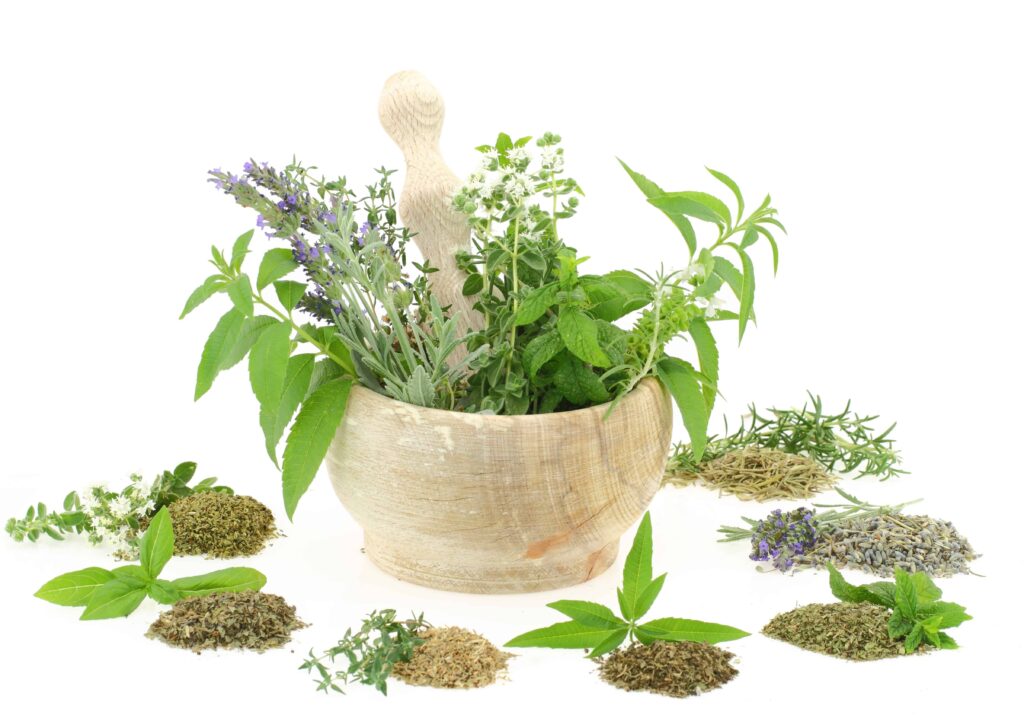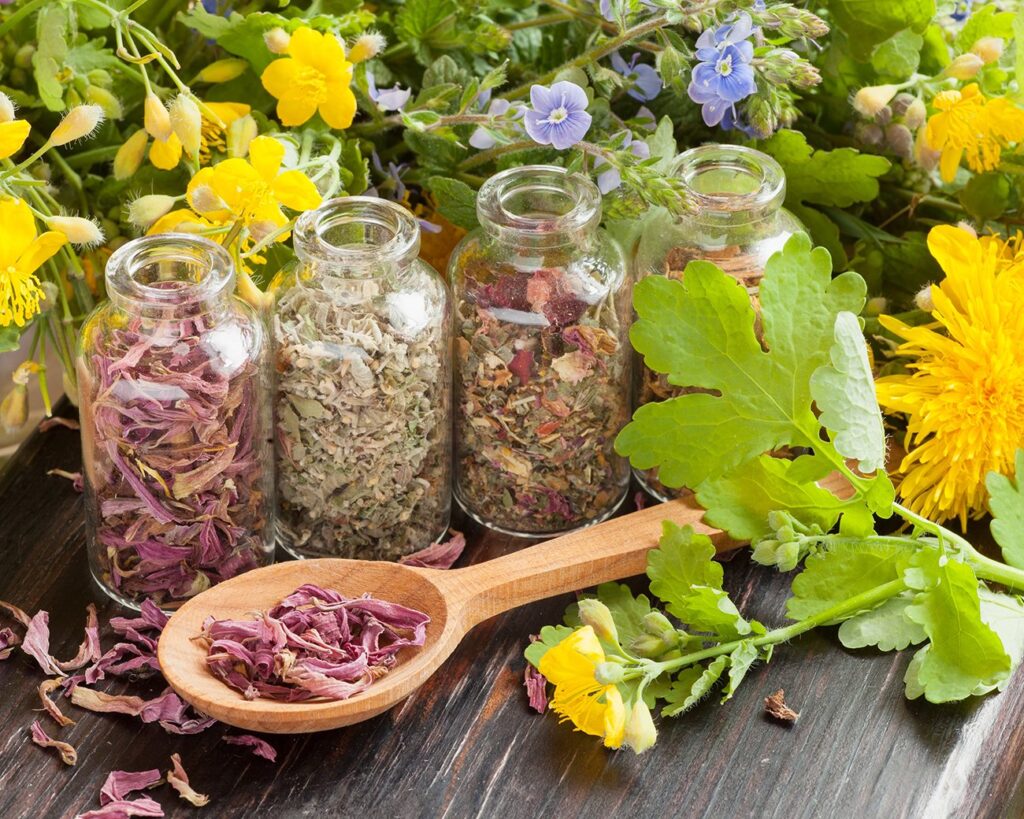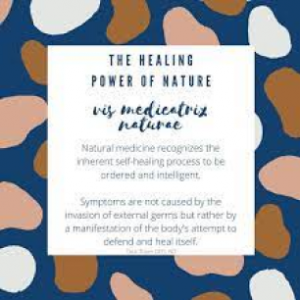The Power of Plant-Based Healing: Discovering the Benefits of Herbal Remedies
In the modern wellness landscape, the allure of plant-based healing continues to grow as individuals seek sustainable, natural methods to improve their health. This guide delves into the rich world of herbal medicine, emphasizing the importance of individualized care and the need for professional guidance. We will explore how integrating natural remedies into your health regimen can enhance holistic well-being, but also stress that self-treatment without expert consultation can be risky.
Introduction to Herbal Medicine
Herbal medicine is the art and science of using botanicals to treat health conditions and enhance well-being. This practice, rooted in ancient traditions, harnesses the power of plants to heal and restore balance to the body. As we navigate through the complexities of modern life, turning to nature for healing has become more appealing, offering a gentle yet effective alternative to conventional medicine.
The Role of a Holistic Doctor
When considering herbal treatments, it’s essential to consult a holistic doctor who specializes in natural medicine. These professionals blend traditional medical knowledge with herbal therapies to tailor treatments to the individual’s unique health needs. Dr. Shusterman, a respected practitioner at Astery Healing Arts, emphasizes the importance of a personalized approach, ensuring that each patient receives the most appropriate and safe treatment plan.
The Foundations of Plant-Based Healing

Understanding the Basics
Plant-based healing involves more than just substituting herbs for pharmaceuticals. It’s about understanding the holistic nature of health. Each plant contains a complex array of phytochemicals that work synergistically within the body, promoting healing and prevention in a way that isolated chemical compounds cannot replicate.
Key Components of Herbal Remedies
- Active Ingredients: Many plants have active components that provide therapeutic effects, such as curcumin in turmeric, which is known for its anti-inflammatory properties.
- Synergistic Effects: Herbs often contain multiple compounds that interact to enhance their healing potentials and mitigate side effects.
- Holistic Impact: Herbal remedies tend to provide more holistic benefits, addressing not just symptoms but the underlying conditions contributing to illness.
Popular Herbal Remedies and Their Uses
- Turmeric: Known for its anti-inflammatory properties, it’s beneficial in managing arthritis and skin conditions.
- Ginger: Effective against nausea and digestion issues, ginger can also reduce inflammation and pain.
- Lavender: Used for its calming effects, lavender can help with anxiety, insomnia, and stress relief.
Integrating Herbal Medicine into Your Health Regimen

Starting with a Consultation
Before incorporating any new herbal remedies into your routine, a consultation with a holistic health practitioner is crucial. This step ensures that the remedies complement existing treatments and are appropriate for your specific health conditions and goals.
How to Prepare for Your Consultation
- Document Your Health History: Include any past treatments, current medications, and ongoing health issues.
- Define Your Health Goals: Understand what you hope to achieve with herbal medicine.
- Be Open to Recommendations: A holistic doctor might suggest a combination of dietary changes, lifestyle adjustments, and herbal therapies.
Crafting a Personalized Herbal Regimen
Once your needs are assessed, your practitioner can design a regimen that may include various forms of herbal medicine, such as teas, tinctures, capsules, or topicals. The aim is to provide a comprehensive treatment that addresses multiple aspects of your health.
Challenges and Considerations in Herbal Medicine
Quality and Safety of Herbal Products
The market for herbal products can be inconsistent, making it essential to source high-quality, safe herbs. Look for products that are certified organic and tested for purity.
Understanding the Limitations
While herbal medicine offers numerous benefits, it’s not a cure-all. Recognizing its limitations is crucial in setting realistic expectations and achieving the best outcomes.
Case Studies and Evidence
Recent studies highlight the efficacy of plant-based treatments in managing conditions like chronic pain, anxiety, and insomnia. These studies underscore the potential of herbal medicine as part of a broader health strategy.
Conclusion: Embracing a Holistic Approach
The journey into plant-based healing is highly personal and should be navigated with careful thought and professional guidance. By understanding the principles of herbal medicine and consulting with qualified experts like Dr. Shusterman at Astery Healing Arts, individuals can safely integrate natural remedies into their health routines, paving the way for enhanced well-being and a balanced approach to health care.
In embracing plant-based healing, we reconnect with nature’s rhythm, which harmonizes seamlessly with our body’s inherent healing abilities, offering a profound and lasting impact on our overall health.






